Elena Velasco: "We would like to show that an organisation can be managed by people affected by Autism or Asperger syndrome"
Specialisterne is a company with a social purpose that collaborates with third sector entities to work with talented people with ASD.
A network of roads in Europe. This was the starting point for Specialisterne in 2004, when the founder’s son, Thorkil Sonne,created and drew a map of motorways and freeways on the continent from memory. From here, Sonne thought that people with ASD (Autistic Spectrum Disorder), such as Autism or Asperger's Syndrome, have some abilities or a talent that is often hidden. This is how the foundation was born, with offices in 18 countries around the world, where jobs are offered to people with a mental health disorder related to the autistic spectrum.
Elena Velasco, the marketing and communication manager, explains in this interview how Specialisterne has evolved and what activities are taking place within the organisation.
How was Specialisterne born?
Specialisterne was born in Denmark in 2004. Its founder, Thorkil Sonne, had three children, and the youngest was diagnosed with autism. One day, his youngest son drew the road map index of Europe, and that drawing done just 7 years ago, made him think that despite the difficulties, he was very talented.
So what happened?
In that very moment, he decided to set up his own company to demonstrate that it could be managed solely by people with mental health problems or with ASD whose subsequent abilities allow them to perform with added value. When he proved that this was possible, he modified the organisational model of the company and turned it into a foundation, which is still in Denmark today under the name of Specialisterne Foundation. This foundation is now part of the non-profit organisations of the UN.
And from that point, did you grow to reach other countries?
We are a computer consultancy that used this model in Denmark for 4 years. We demonstrated that despite being profitable, this was not sustainable, and we decided that the greatest impact was to apply the model in countries that show interest in this model. In 2013 a local investor was found and the project was started in Barcelona. We currently have 34 offices in 18 countries.
How many people with ASD have found work through you?
In Spain, 55 people have been hired in these 3 years, and we helped 16 more find a job. The total number of people hired in Southern Europe is 100 and in Latin America we have been able to get work for 15 more people.
With which non-profits in the third sector you collaborate?
We seek candidates and people with a diagnosed syndrome, and there are different entities that send us cases and that are in contact with us. We work with the Fundació Friends, Asperger Catalunya, Aprenem, Parc Taulí, Obertament or Mental Health Bodies. From a Spanish point of view, we also work with the Confederació d’Autisme Espanya or the Confederació Asperger. However we do not have any collaboration agreements.
And how do you select the members?
First, we make a process of selection and those who pass it do a training course for 5 months that value their motivation in computer science and their interest in working with us. We do not ask for any specific studies. We have a broad range from engineers to people who simply have a high school degree. Most of the people with ASD we have are self-taught. In Catalonia, we were presented as a subsidy of the Fundació ONCE with the Inserta program and another of the SOC with the Forma i Insereix program to finance this formation.
And then...
From here, those who pass the training are hired in a project that fits their skills. At this time, they become consultants or specialists and always have a tutor or project leader who accompanies them. They are always given a full-time indefinite contract. When they finish a project, they get another in order to offer a continuity of work.
Can you tell me a case of success?
It is usual for consultants to go to the clients' home to work. Some of them are Banc Sabadell or Catalana Occidente. A case of success is that of SAP, a company that made an agreement establishing that in 2020 1% of its staff would have ASD. Tasks are usually repetitive as people with an autistic spectrum disorder can easily pay attention to detail and concentrate on a task. Another client, SOGETI, hired a new autistic person who worked with Specialisterne and now he is a trainer and has been able to evolve and train other consultants.
What activities do you develop?
As services, we provide softwares and operation, software testing and data processing. Then we provide automated tasks, such as billing, digitisation, database, checking of web pages, etc.
Where does the financing come from?
Each country has a different model. In Spain, for example, the investor gives 70% of the financing and the remaining 30% is put in place by the foundation of Denmark. In other countries, the training could be funded by a foundation and hiring by a company. Here we wanted to show that as a social company, we could place people by selling their performance.
How would you define your organisation in one sentence?
We are a social company that gives job opportunities to people with special talent.
How do you see Specialisterne in 10 years?
There are more and more autonomous communities that contact us. We are planning different projects, not all of them in physical offices, and we would like to train and contract with the help of Third Sector entities. The great challenge of Specialisterne is to create a million jobs by 2020, and in Spain we should create 7,000.
What is your gender policy within the company?
Within the autistic diagnosis, there is 1 girl affected by every 4 boys. If we go to a higher level of disability, it is 1 girl every 8 boys. We currently have 55 direct contracts, 5 of which are for girls. In a training course we did, there were 3 girls out of 10 participants, and we continue to try and prevail and improve on that. Specialisterne has an open door policy but there are more cases of boys than girls. This is because when girls are seriously affected, they usually have also an associated intellectual disability.

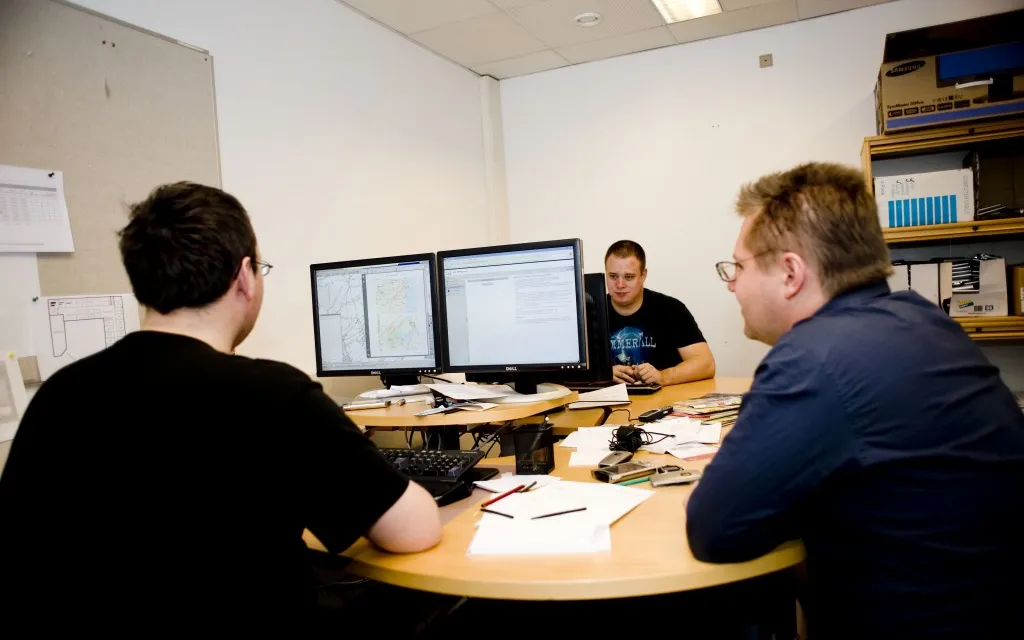


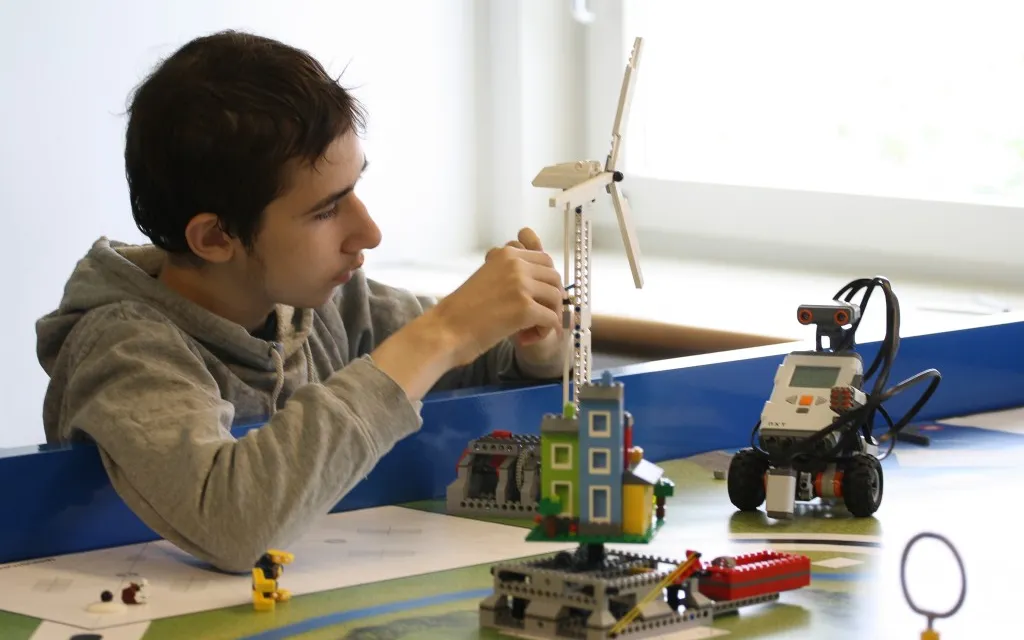
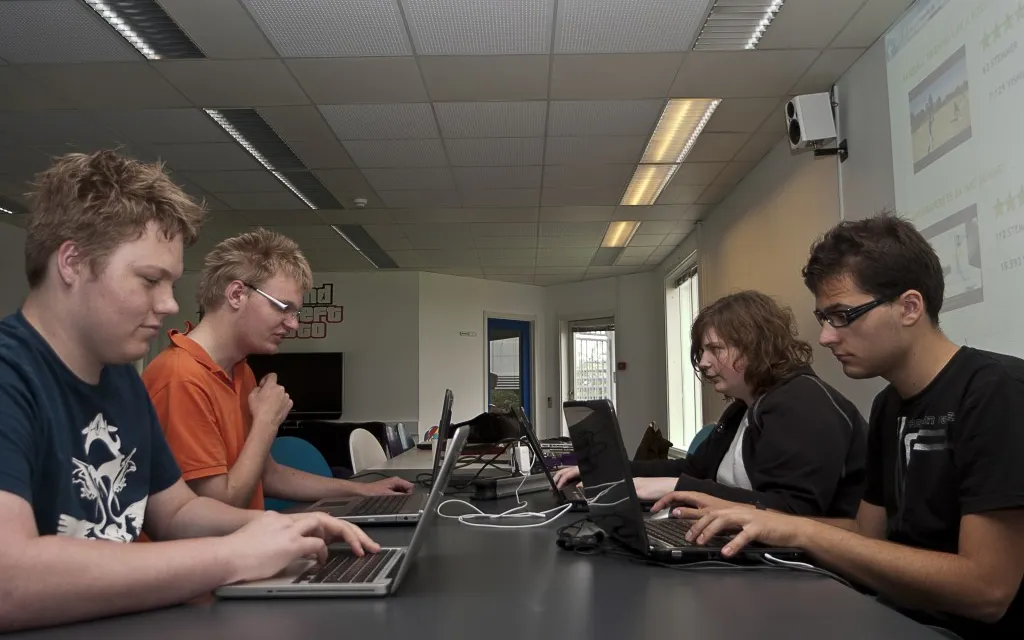
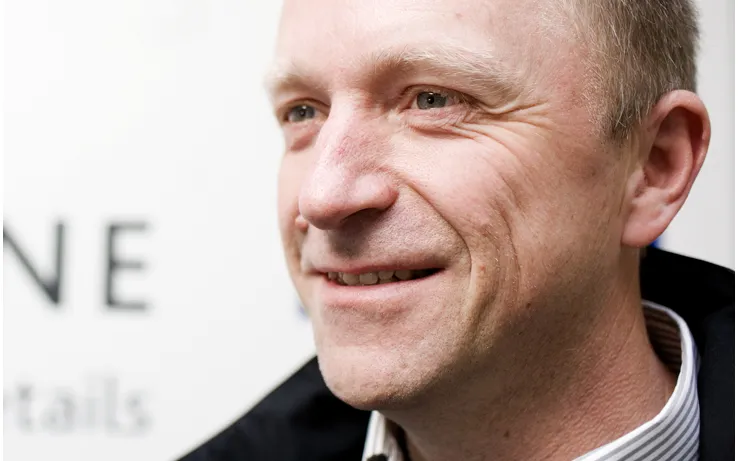



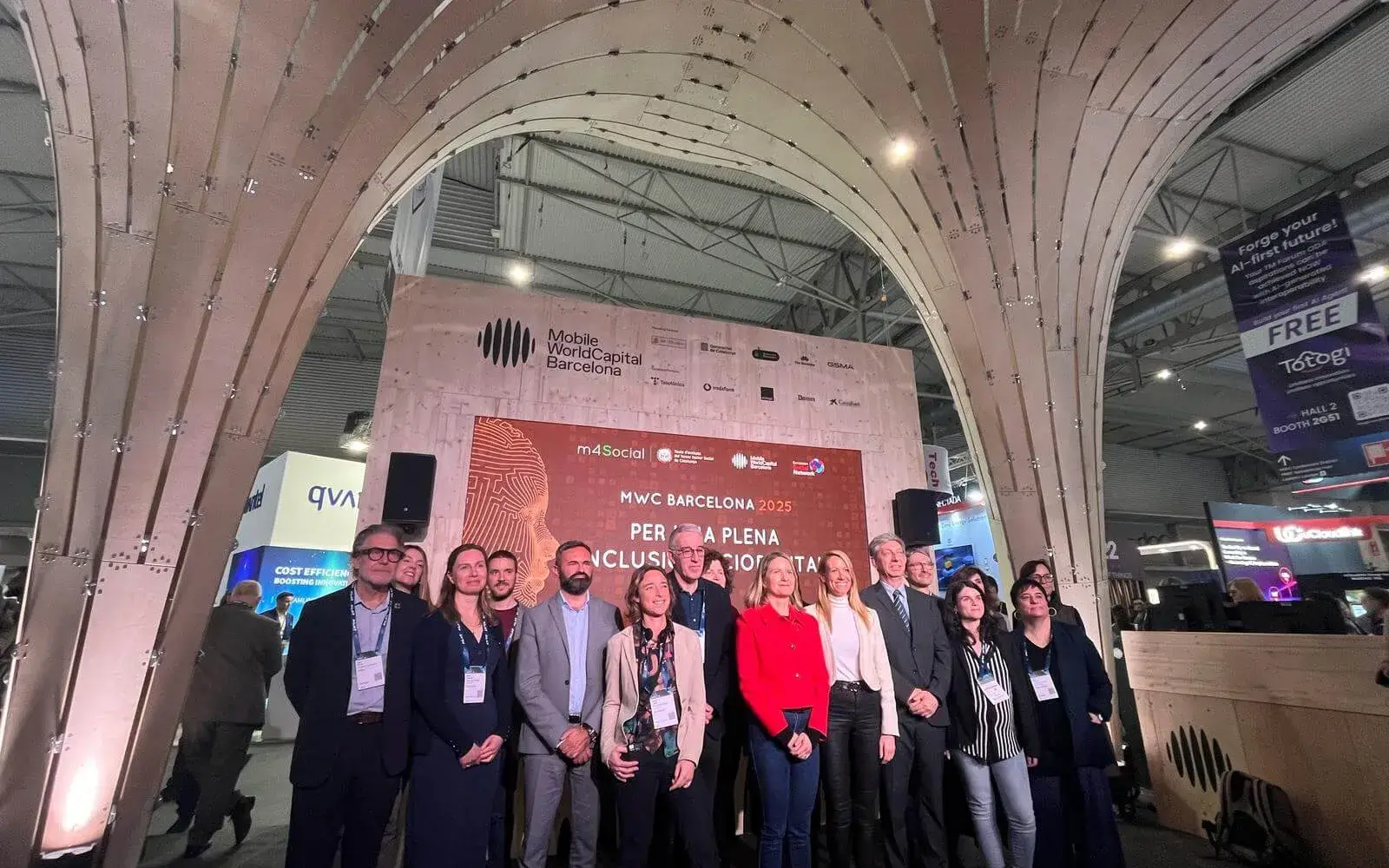
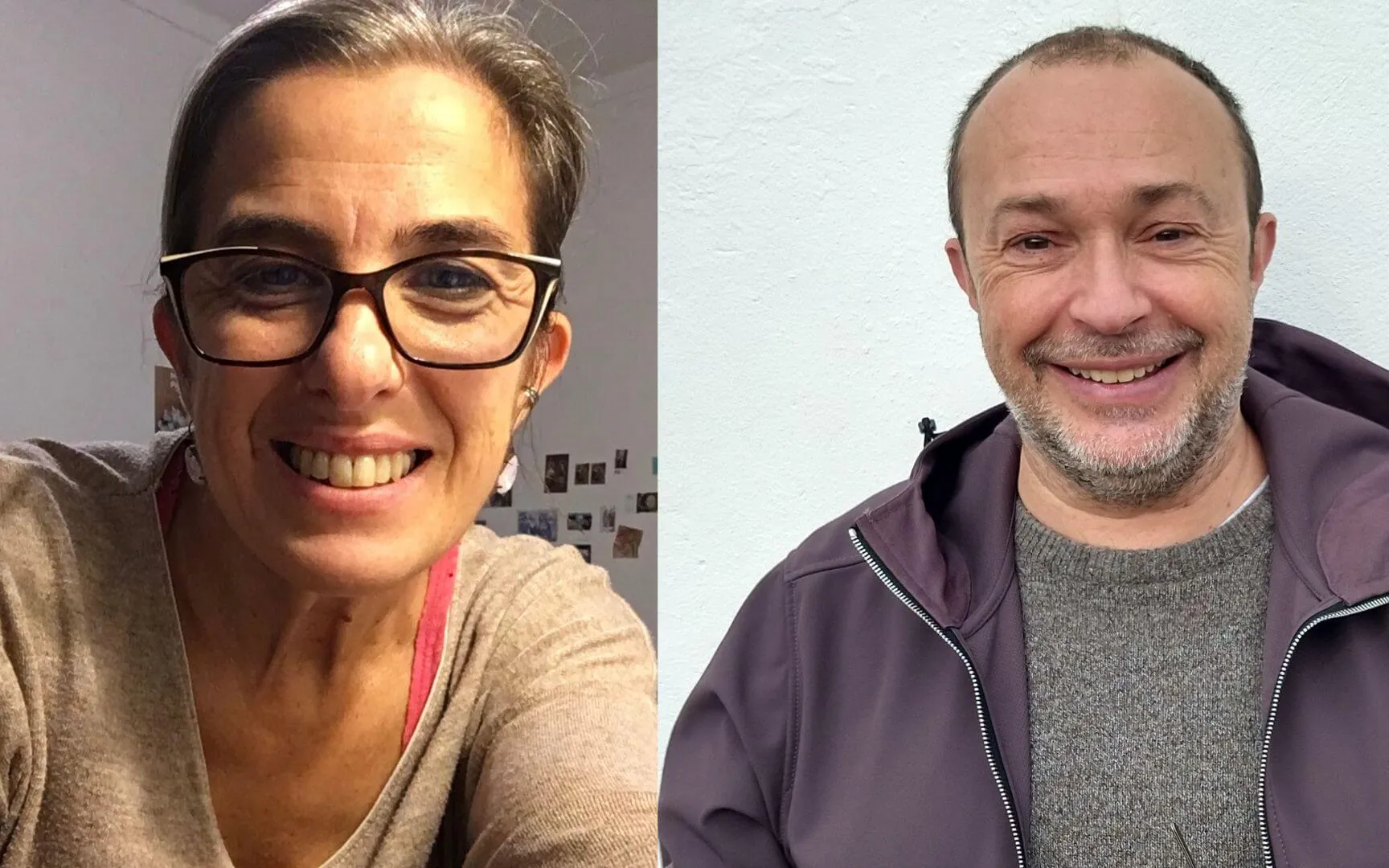
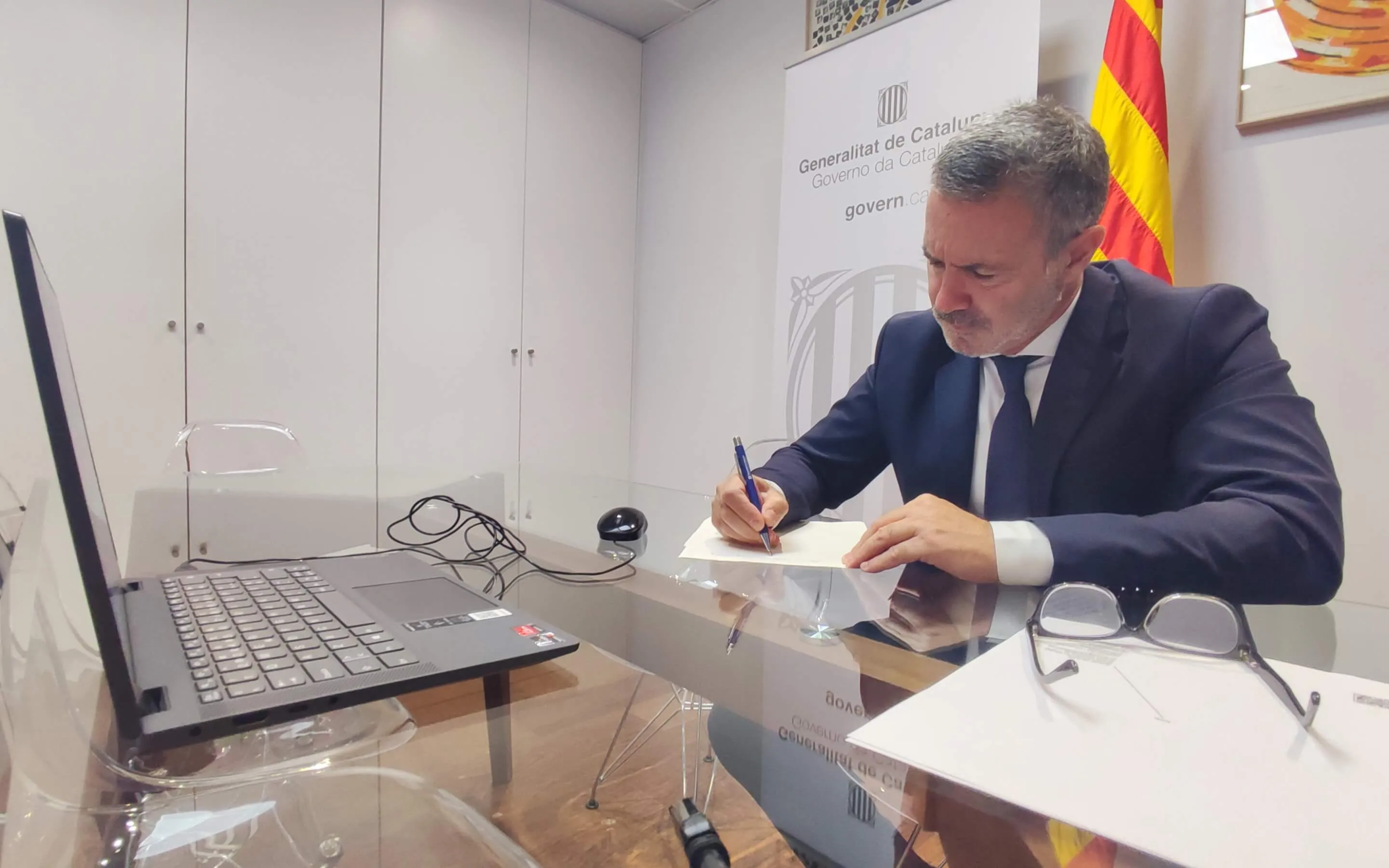
Add new comment